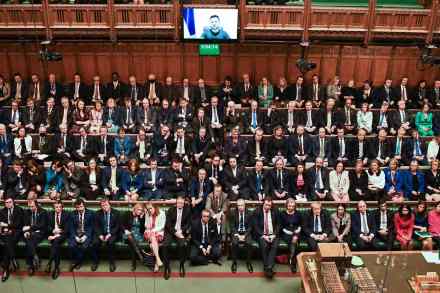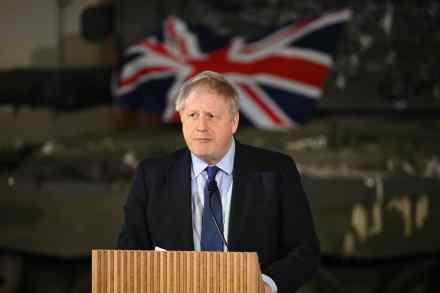In defence of mutually assured destruction
The slow return of the 1980s has reached its logical conclusion. The prospect of nuclear annihilation is haunting our nightmares once again. Vladimir Putin’s invasion of Ukraine has been marked by a willingness to engage in blatant nuclear sabre-rattling of a sort not seen since the end of the Cold War. From his statement that anyone ‘interfering from outside’ would ‘face consequences greater than any you have faced in history’ to his placing Russia’s nuclear forces on ‘a special combat duty regime’, Putin’s strategy has been to threaten nuclear war to keep the West out of what he sees as his business. But these threats don’t mean that Putin is about to send




















